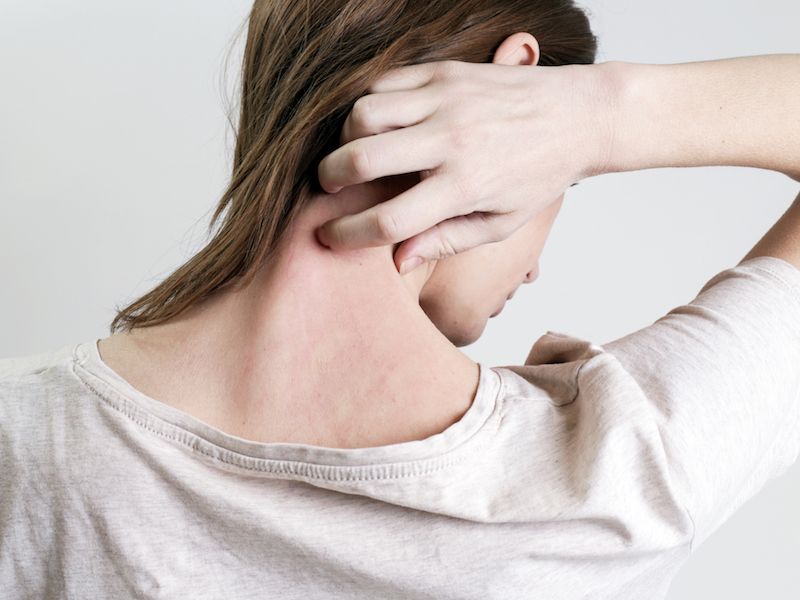
When you think of psoriasis, you likely recall all those commercials depicted people with skin problems. Psoriasis goes beyond skin issues and actually affects your general health. Psoriasis is commonly misunderstood and minimized, due to a lack of knowledge of how psoriasis impacts sufferers as well as the serious conditions that can be related to this disorder. Although plaques on the skin are its most apparent sign, they’re indicative of what psoriasis can do in the whole body: The chance of metabolic conditions that are increased by chronic inflammation and cardiovascular disease.
A new study enhances the body of research connecting another serious problem to psoriasis: Hearing loss. Published in The Journal of Rheumatology, this study evaluated links between psoriatic arthritis, mental health, and hearing impairment. Psoriatic arthritis is a type of psoriasis where inflammation is centered near the joints, causing pain, difficulty moving, and swelling. The tell-tale plaques may not be experienced by people who have psoriatic arthritis.
Like rheumatoid arthritis (and similar to psoriasis), psoriatic arthritis is an autoimmune illness, the sufferer’s body is essentially attacking its own healthy cells. But psoriatic arthritis differs from rheumatoid arthritis in that it’s usually asymmetrical (so you could have it in one knee but not the other), and that besides joints, it commonly targets sufferer’s nails (resulting in painfully swollen toes and fingers) and eyes.
Based on the findings of this recent study, inflammation from psoriatic arthritis might also affect hearing. A large control group of individuals with neither psoriasis or psoriatic arthritis were compared to people who had one or the other condition. They found that hearing impairment was more likely to be documented by the group that had psoriasis, and audiometric screening backed up the self-reports. Even when controlling for other risk factors, people diagnosed with psoriatic arthritis were significantly more prone to suffer from loss of hearing than either {psoriasis sufferers or the control group}.
But there is an evident connection between psoriasis, psoriatic arthritis and hearing loss. A 2015 study found that there is a significantly higher risk, for people who have psoriasis, of developing sudden sensorineural loss of hearing, generally known as sudden deafness. The capacity to hear decreases notably over three days or less with sudden sensoroneural hearing loss. It has numerous possible causes, but scientists theorize that people who have psoriasis are in greater danger due to the type of fast inflammation that takes place during a flare-up of psoriasis symptoms. The hearing may be impaired if this takes place near or in the cochlea. This form of hearing loss, in certain circumstances, can be aided by treatments that alleviate psoriasis., but hearing aids are often recommended when sudden deafness doesn’t respond to other treatments.
If you suffer from psoriasis or psoriatic arthritis, it’s important to observe your hearing. Make regular hearing tests along with your annual health-care checkups. The inflammation from these diseases can lead to inner ear harm, which can cause psoriasis and loss of balance. Psoriasis and psoriatic arthritis are both also connected with depression and anxiety, which can both aggravated hearing loss. Loss of hearing is a condition you want to detect sooner rather than later because untreated hearing loss can result in other health concerns including dementia.
Recognition is key, and cooperating with your doctors and frequently having your hearing checked can help you keep ahead of symptoms with timely intervention. Neither hearing loss nor psoriasis should influence you to compromise your standard of living, and all the difference is having the correct team on your side.